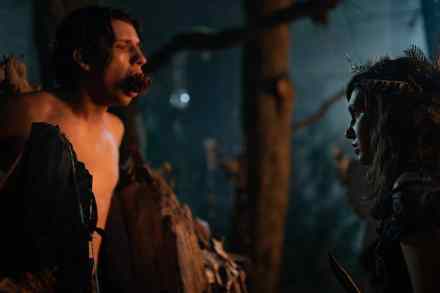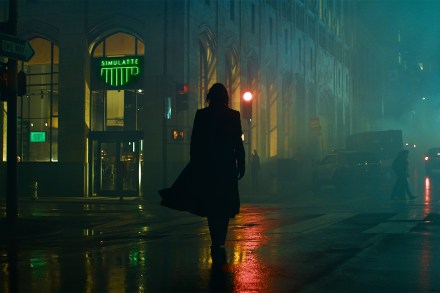A dog’s breakfast but I’m rather enjoying it: Sky Atlantic’s Yellowjackets reviewed
It has taken me a while to watch Yellowjackets because I found the premise so offputting: in 1996 a plane carrying a New Jersey girls’ school soccer team crashes in the mountain wilderness, stranding the survivors for nearly two years. Through flashbacks, we learn that the girls went through some kind of Lord of the Flies horror scenario, perhaps including cannibalism and ritualistic tribal sacrifice. All of which might explain why the forty-something women we meet today are so raddled, bitter, secretive, paranoid and messed up. Perhaps the biggest red flag is the dread memories it invokes of Lost, the plane crash TV series that ran in the Noughties for




















